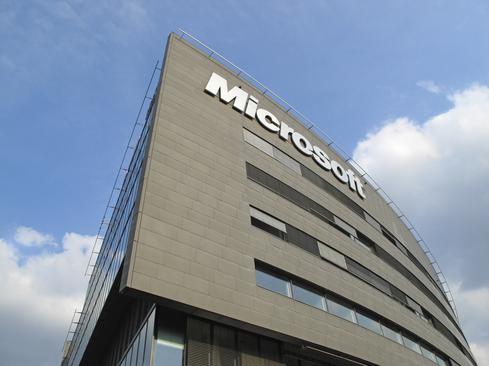Through a partnership with a subsidiary of Deutsche Telekom, Microsoft will bring secure data centers online in two German cities, while circumventing US laws on data collection.


Hybrid Cloud: 7 Ways It's The Best Of Both Worlds
Hybrid Cloud: 7 Ways It's The Best Of Both Worlds (Click image for larger view and slideshow.)
Microsoft is planning to offer its cloud-based services, including Azure, Office 365, and Dynamics CRM Online, from two German data center regions, located in Magdeburg and the country's financial capital, Frankfurt am Main.
Access to customer data stored in these new data centers will be under the control of T-Systems, a subsidiary of Deutsche Telekom, an independent German company that will act as a data trustee.
In an effort to reassure its customers that data will be safe from prying eyes in the US, Microsoft stated it would not be able to access this data without the permission of customers or the data trustee, and if permission is granted by the data trustee, it will only do so under that trustee's supervision.
What Microsoft is attempting to do is to circumvent US laws that require large-scale data collection. These laws have spooked European customers, and cloud providers such as Microsoft, as well as Amazon and Google, are trying to find novel ways around those resections.
"I think Microsoft have come to the conclusion that they can't get away from being a US company," Carsten Casper, an analyst at IT research firm Gartner, told the Financial Times. "I find that more honorable than others who try to move their data centers to Europe to appease customers, but how good is it to have data centers in those countries if you can access it from abroad with no particular problem?"
The services Microsoft is offering are designed to address organizations and enterprises operating in data-sensitive areas such as the public, financial, and health sectors.
The data centers boast security standards in line with Microsoft's global cloud offerings, including multi-factor authentication with biometric scanning and smart cards, data encryption by SSL/TLS protocols based on German certificates, physical security controls, and protection against natural disasters and power outages.
"This will help us meet growing demand for Microsoft cloud services in Germany, and across Europe, by providing an innovative, scalable and consistent cloud computing platform combined with a German data trustee model," Alex Stuger, area vice president for Microsoft Germany, wrote in a Nov. 11 statement.
[Read more about cloud computing and privacy.]
The availability of the services is expected to begin in the second half of 2016 and will be available to customers in Germany, the European Union, and the European Free Trade Association (EFTA).
According to the Bitkom report entitled "Cloud Monitor 2015," 83% of all German enterprises expect their cloud provider to operate local data centers in Germany.
The announcement comes on the heels of a report from Ranking Digital Rights, which analyzed 16 tech companies -- including Microsoft -- and found the world's leading Internet and telecommunications companies are failing to adequately protect freedom of expression and privacy.
Microsoft also recently announced plans to deliver cloud services from data centers in the UK, and that the company has completed the expansion of existing data center facilities in Ireland and the Netherlands.
About the Author(s)
You May Also Like







